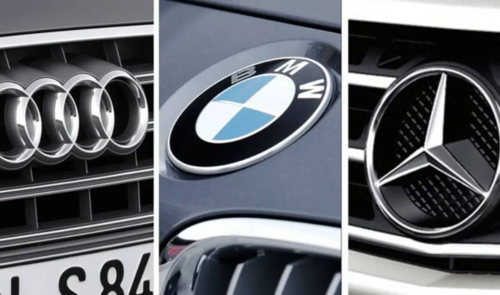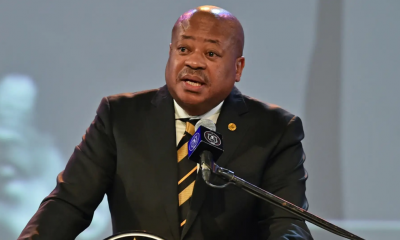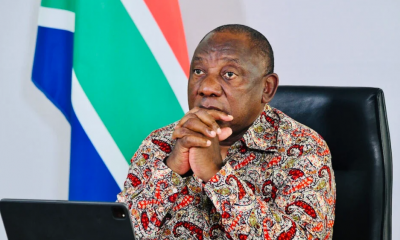Business
South Africans Shift Gears: Luxury Car Sales Plummet as Affordable Asian Brands Drive the Market

In a dramatic shift in consumer preferences, South Africans are increasingly turning away from luxury car brands like BMW and Mercedes-Benz in favor of more affordable alternatives from Asia. This trend, driven by economic pressures and a growing demand for value-for-money vehicles, has reshaped the automotive landscape in the country.
A Decade of Decline for Luxury Brands
Over the past ten years, the sales figures for luxury car brands in South Africa have told a stark story. In 2014, premium brands such as Audi, BMW, Mini, and Mercedes-Benz collectively sold around 74,015 vehicles. Fast forward to the end of 2024, and that number has plummeted to just 23,881—a staggering 68% drop.
Mercedes-Benz has been hit the hardest, with sales nosediving by 82% from 28,993 units in 2014 to a mere 5,048 in 2024. Audi followed with a 70% decline, while BMW and Mini saw a 50% reduction in sales.
The Rise of Asian Brands
In contrast, Asian car manufacturers like Suzuki, Chery, and Haval have experienced explosive growth. Collectively, these brands sold 8,127 vehicles in 2014. By 2024, that number had skyrocketed by an astonishing 1,000% to 89,416 units.
Suzuki led the charge with a 776% increase in sales, jumping from 6,402 units in 2014 to 56,109 in 2024. Chery and Haval weren’t far behind, with growth rates of 1,435% and 3,029%, respectively.
Economic Pressures Drive Change
The National Automobile Dealers’ Association (NADA) attributes this shift to the increasing price sensitivity of South African consumers. High inflation, rising interest rates, and soaring fuel costs have made affordability a top priority for buyers.
“Most buyers are now shopping in the sub-R350,000 range, where Chinese brands offer strong perceived value at an accessible price point,” said NADA. “These vehicles provide high-quality specifications, advanced technology, and competitive pricing, making them an attractive alternative to traditional luxury brands.”
Wealthy Buyers Feeling the Pinch
Even higher-income earners are feeling the financial strain. According to Benay Sager, executive head of DebtBusters, South Africans earning more than R35,000 per month are under significant pressure. The debt-to-income ratio for this group has reached a record high of 187%, exacerbated by stagnant salary growth and a 42% reduction in purchasing power since 2016.
“Affordability is still a major concern for buyers, and this pressure is evident nationwide,” said NADA. “We’re witnessing competitive Chinese brands gaining traction, offering consumers affordable alternatives that are reshaping the market.”
Luxury Car Prices Outpace Inflation
The rising cost of luxury vehicles has further alienated buyers. Over the past four years, the prices of German luxury cars have surged far beyond inflation rates. For instance, the Mercedes-Benz A-Class now costs R826,024—a 41% increase from its 2021 price of R585,960. Similarly, BMW’s 1 Series has seen a 29% price hike, while the Audi A1 is now 18.6% more expensive.
These price increases, coupled with the economic challenges faced by consumers, have made luxury cars increasingly unattainable for many South Africans.
The Road Ahead
As the South African automotive market continues to evolve, the focus on affordability and value for money is likely to persist. While luxury brands grapple with declining sales, Asian manufacturers are poised to capitalize on this shift, offering consumers a compelling mix of quality, technology, and competitive pricing.
For now, the message is clear: in a challenging economic climate, South Africans are prioritizing practicality over prestige, and the automotive industry is responding in kind.
Follow Joburg ETC on Facebook, Twitter , TikTok and Instagram
For more News in Johannesburg, visit joburgetc.com



























